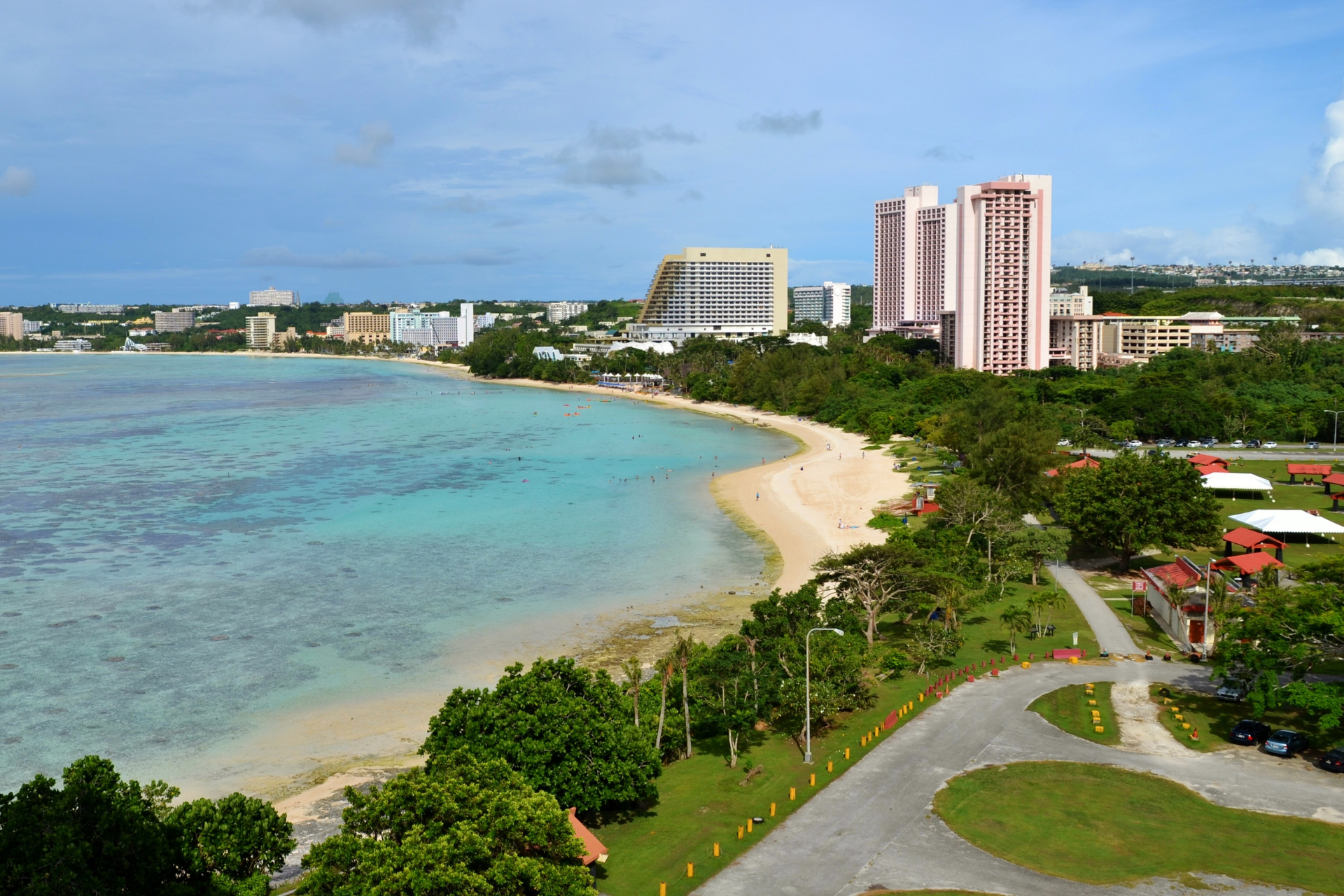Territorial law expert Howard Hills, who has written guest posts for the Puerto Rico Report, wrote a thought provoking piece for Pasquines last week. Status, Hills said, is the elephant in the room when it comes to Puerto Rico’s debt crisis.
The elephant in the room is an idiom for a problem that everyone knows about but no one is willing to face, or even to mention. The image is one of group of people in a room containing an elephant, all taking politely about other issues and ignoring as best they can the pachyderm sharing their space.
“In negotiations on measures that will constitute a federal response to Puerto Rico’s fiscal meltdown,” Hills wrote, “U.S. Senate and House committee leaders and staff insist the territory’s political status is ‘virtually irrelevant’ to the task at hand… Even in the short term, however, everyone knows that ultimately the crisis afflicting the island’s economic order is a subset of the territory’s larger and enduring political status dilemma.”
We have seen that “elephant in the room” behavior in House and Senate meetings in which the chair of the meeting says primly, “This is not a meeting about status” or suggests that those who bring up status are “politicizing” Puerto Rico’s problems– bad form, apparently, in Congressional hearings. We see it when leaders insist that discussions of status wait until after Puerto Rico’s financial problems are sorted out. We see it, perhaps, in calls for unity among Puerto Ricans to face the current crisis.
But Hills makes the point that it is not possible to separate Puerto Rico’s status from Puerto Rico’s financial problems. Statehood will, as history has shown, bring about economic changes. “Even those focused on short term fiscal fixes know that investment in Puerto Rico will break records when statehood becomes a realistic prospect,” Hills says. A decision for independence or for continued territorial status will have completely different effects on Puerto Rico’s economy.
But a decision against statehood is less likely than a decision for statehood. “[T]he 78% voter turnout for the 2012 referendum in which 54% voted to end the current status and 61% voted for statehood was a game changer,” Hills says. “Anti-statehood leaders of the status-quo party lamely touted blank ballots on the second question choice between statehood versus nationhood, but even with blank ballots on that question more voters cast ballots for statehood than those who voted for the current status in an up or down option on the first ballot question.”
Any financial plan created to help the territory of Puerto Rico may be obsolete for the State or nation of Puerto Rico.



Pingback: Republican Party Platform on Puerto Rico